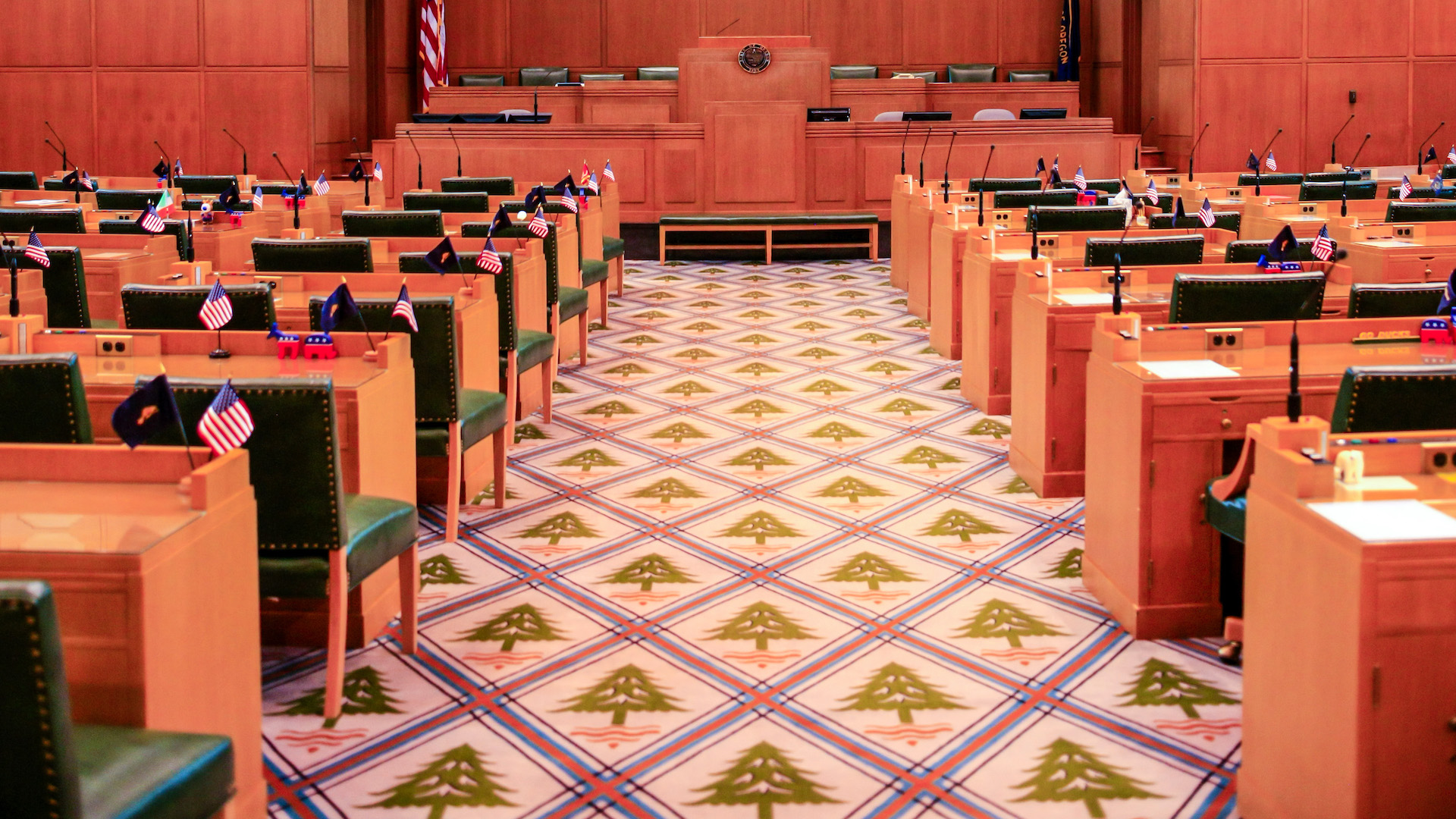Despite the disarray, some encouraging education policy achievements unfolded thanks to the power of collaborative advocacy and shared leadership. Foundations for a Better Oregon was honored to engage and collaborate with legislators on both sides of the aisle representing communities across Oregon, and uplift community-driven public education priorities supported by the Oregon Partners for Education Justice (OPEJ).
After years of passionate advocacy, OPEJ is celebrating the Legislature's $7 million investment to help educators prepare to teach Oregon’s landmark K-12 ethnic studies standards by 2026. Too often, our state breaks its promise to underserved communities when it fails to sustainably fund or implement the racial justice policies and equity investments it passes. Now, the Legislature has finally committed to fulfilling the promise of Oregon’s ethnic studies standards in the classroom, creating robust professional learning opportunities for educators to develop inclusive curriculum and culturally responsive teaching practices. We are grateful that this investment was included in the Governor’s recommended budget, supported unanimously by the Oregon House and Senate, and prioritized by champions in the Joint Ways and Means Education Subcommittee who were determined to not let this investment fall through the cracks once again.
New partnerships between community-based advocates and state legislators will also lead Oregonians to soon find more transparent and accessible information about public education spending. With a record $10.2 billion invested in Oregon’s State School Fund, the 2023-25 state budget now further directs the Oregon Department of Education to collect, aggregate, and report accessible information about how schools and school districts spend public dollars to equitably serve Oregon children. In a truly equitable education system, Oregon would invest each and every public dollar in an effective, targeted, community-informed, and accountable way—including the State School Fund, our state’s single largest budget item. Foundations for a Better Oregon and OPEJ worked closely with Rep. Andrea Valderrama, Rep. Ricki Ruiz, House Leadership, and the Legislature’s BIPOC Caucus to champion greater transparency in public education spending, giving communities key information and insight into how our investments can advance a more racially just and community-centered public education system.
The final days of the 2023 session also saw state leaders move significant legislation to improve early literacy and guarantee full school days for students experiencing disability. However, other critical community-driven bills addressing core challenges in Oregon’s public education system did not make it across the finish line.
With advocacy led by the Coalition of Communities of Color, OPEJ partnered with Rep. Ben Bowman and Rep. Hoa Nguyen to develop House Bill 3288, an effort to improve and standardize how Oregon school districts collect and report student race and ethnicity data to ensure every K-12 student is seen and supported. As a racial justice issue elevating concerns about the integrity of Oregon’s K-12 data, this bill earned bipartisan support with legislators recognizing that state, school, and community leaders all need access to accurate demographic data to close unacceptable racial disparities in education. Unfortunately, this modest investment in a critical structural reform at the core of our education system was left out of the final state budget. This omission reflects the troubling nature of Oregon’s budget process, where closed-door negotiations and unilateral decision-making prevent an open and collaborative process where community advocates and even many legislators themselves can shape a coherent and forward-looking package of education investments.
Perhaps most disappointingly, the Legislature’s closed-door budget development process reversed Oregon’s progress toward providing robust summer learning and enrichment opportunities that support children’s academic learning and well-being beyond the classroom. After two years of historic investment in school- and community-based summer learning that reached youth in every corner of our state, the legislative session began with a promising effort to move from year-to-year investments into an equitable and long-term funding strategy for summer programs. Senate Bill 531 would have provided a more sustainable framework for summer learning investments, and Governor Tina Kotek called for a $30 million investment in community-based programs and culturally specific service providers to ensure summer learning would reach historically underserved children and communities. Nevertheless, despite strong bipartisan support and compelling advocacy from communities across the state, budget leaders rejected even a one-time investment in community-based summer learning for 2023, abandoning a vision where all Oregon children have rich year-round opportunities to learn at school, at home, and in community.


.jpg)